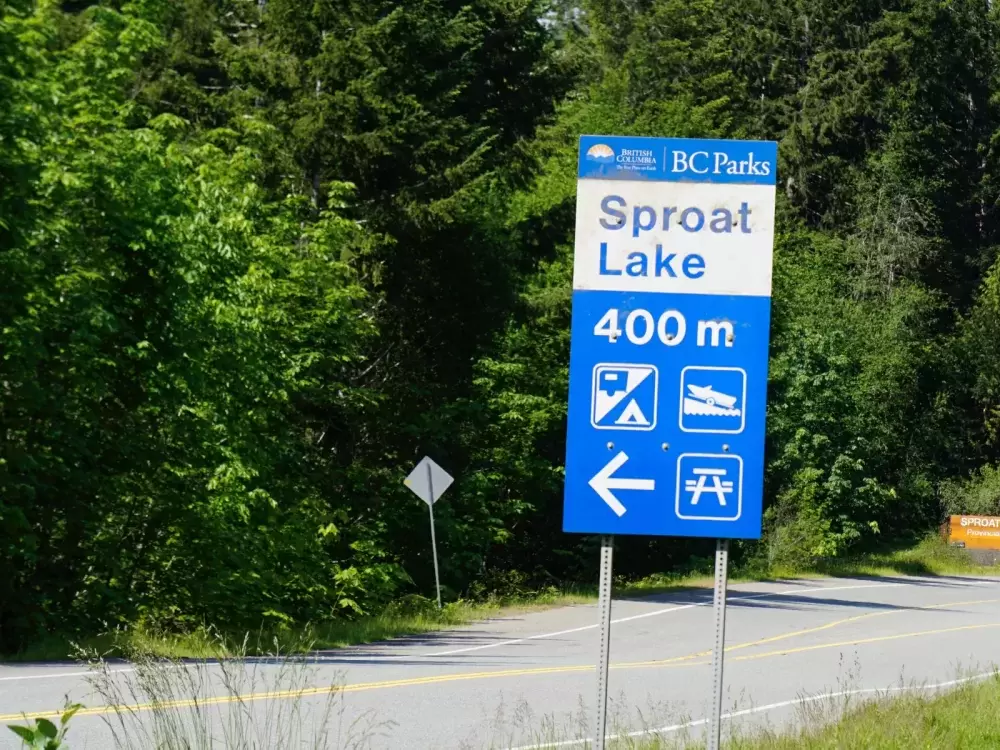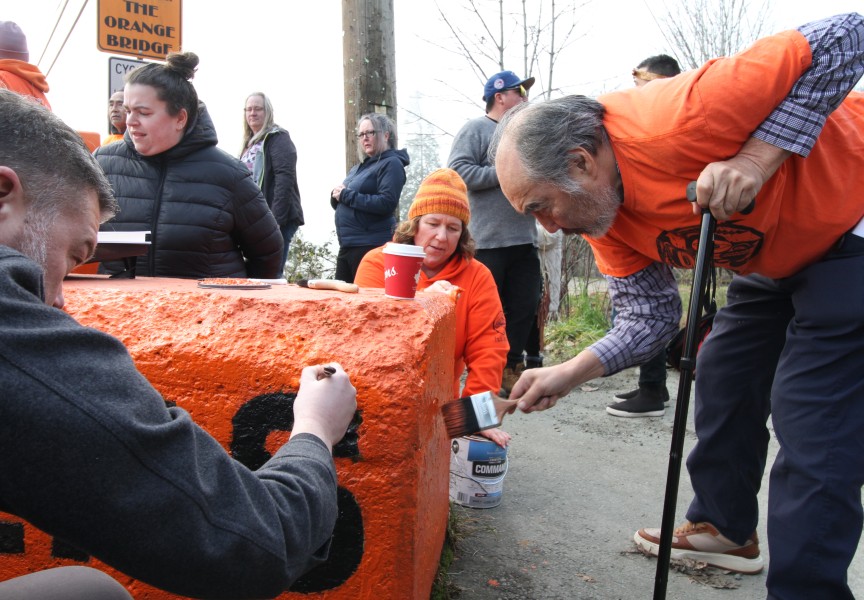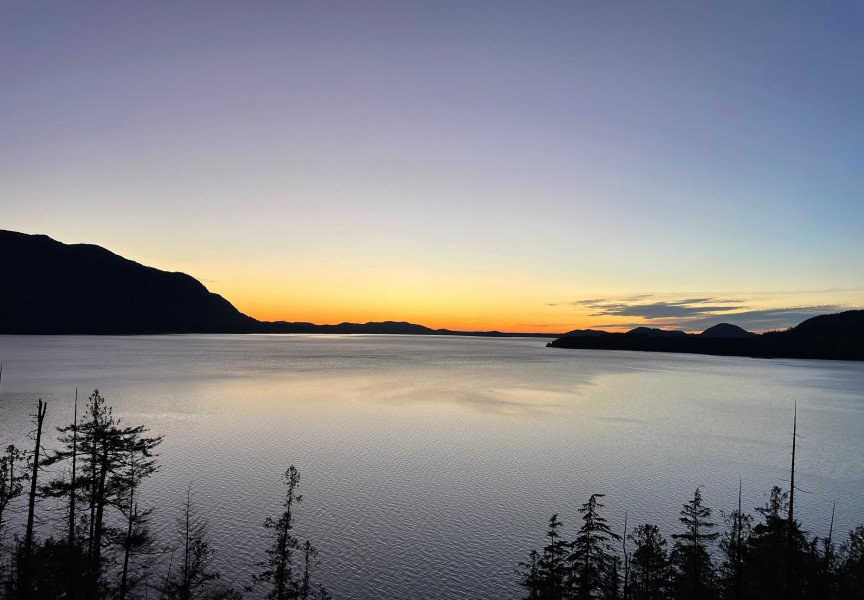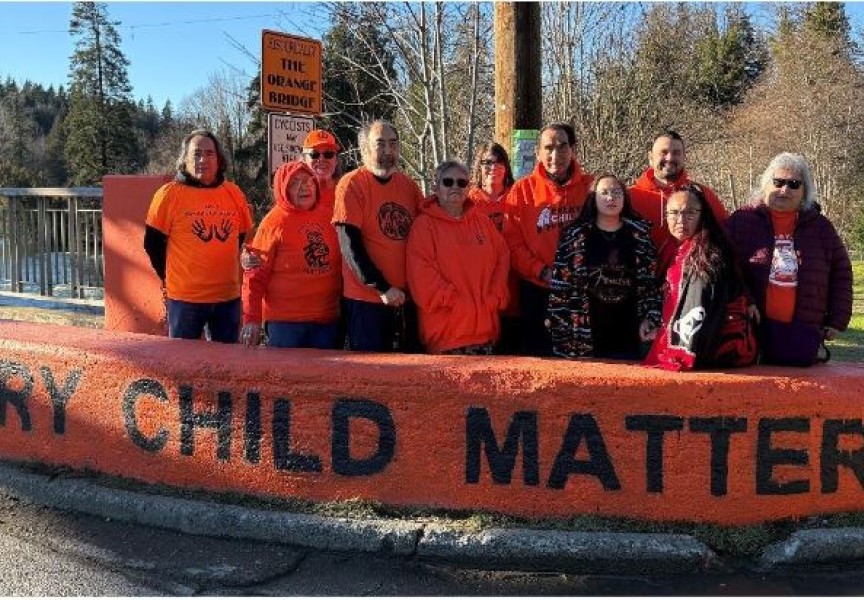A name change for Sproat Lake has been proposed to the Alberni-Clayoquot Regional District (ACRD), after a Haida Gwaii resident has brought up several claims of racism by Gilbert Sproat towards Indigenous peoples.
Joshua Dahling, director of operations for Lumara, an organization helping youth and families with grief and bereavement care, proposed the name change to ACRD directors at a recent board meeting.
Dahling cited several passages from Sproat’s book, Scenes and Studies of a Savage Life, quoting him as referring to Indigenous peoples as savages and outcasts and comparing them to the beasts he hunted.
“[Sproat] believed [First Nations] didn’t have ownership of the land and he recognized that the role of colonizers was to wipe out Indigenous people…whether that be removing them from their land, taking away their language and that sort of thing,” Dahling said. “He referenced the people that lived [in the Alberni Valley] only lived here for no longer than eight years. Science and most of us today would agree that people have been here for thousands of years.
Sproat Lake sits in the territory of the Hupacasath and Tseshaht First Nation and Dahling has proposed the name be changed back to its original Indigenous name Kleecoot.
“In moving forward, to take a step toward reconciliation and for my team and I to embark on our healing journey here, I request that you all join us and start by restoring the name,” Dahling said. “In partnership with the Hupacasath, they may choose to have a new name or they may chose to have the name continue.”
The ACRD board made a motion to discuss the idea of renaming Sproat Lake with the Hupacasath and Tseshaht First Nations.
“I read [Sproat’s] book more or less front to back, it’s a bit of a difficult read,” said ACRD Beaver Creek director John McNabb. “One of the issues that exists in trying to change this name is that these territories are disputed lands between Tseshaht and Hupacasath Nations, so I recommend chairman Jack contact both nations and see if he can organize a meeting with them to discuss their wishes…as a collaborative effort with both nations see if we can come to logical, meaningful long-term decision.”







